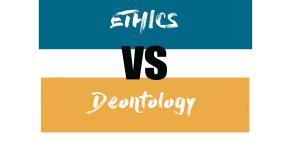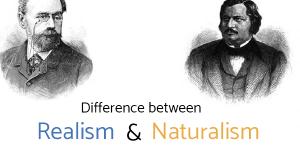The Origin of Philosophy: The Transition from Myth to Logos


In the sixth century BC, in Miletus or Asia Minor (Greece), the concept of rational thought was developed. The Greeks are the first civilization in the Western culture to come into contact with new cultures, new ways of thinking and understanding the world, which ultimately causes a crisis of values. This culture is the first to ponder the question of what is the meaning of life, the concept of right thought and how to explain reality. Influenced by other possibilities of life, Greece begins to consider new challenges, new ways of viewing life and explaining it. This period is known as the transition from myth to logos which we are going to explain in more detail at OneHowTo.com
Myths
"Mythos" was the narrative story used by the Greeks at that time to explain the world around them. They were narratives told by poets, usually orally, in which the gods gave meaning to the world. The Greek gods and goddesses were the main protagonists of these stories and it was through their actions that gave meaning to the people.
The word
Due to the exchange between the Greeks of that time and their visitors, the earliest forms of communication with different cultures began to develop, who, until that time, had been separated and isolated by the great distances. Through a dialogue of words, the origin of thought would then begin.
The word and logos
As the Greeks began to have contact with other cultures, their way of life also changed and their way of thinking also. They became dissatisfied with the religious explanations that dominated the myths, and scholars such as Aristotle began to devise new ways of thinking about the universe. At this point, the word used to explain everything is rationality. Humans think, investigate and decide for themselves how to explain reality. This new rational discourse is known as "logos".
The polis (the city)
Living together in the polis, during the XIII century AC, the Greeks began to develop small, closed towns with an agricultural economy and an independent and autonomous political hierarchy. In the eighth century AC, trade caused an increase in population and spreading colonization, transforming the ancient polis to open cities, which allowed for the evolution and exchange of thought and culture in general.
Physis or nature
Humans began to be conscious of and observe how life originates, but also how it disappears. This lead them to consider relevant questions and the need to create early physics theories that explain the origin of nature and its constant state of change.
Homer and Hesiod
It's essential to read these two Greek poets who illustrate the importance of myths, a form of religious explanation. These are works of unparalleled beauty and the predecessors to rational thought.
If you want to read similar articles to The Origin of Philosophy: The Transition from Myth to Logos, we recommend you visit our University degrees category.
Tips
- It's important to consider the social and political conditions of the era, that were responsible for this significant change.
- The slow transition from myth to logos was an evolution that took centuries to complete.
- Physics arises from Philosophy, causing these thinkers to be the first physicists.




